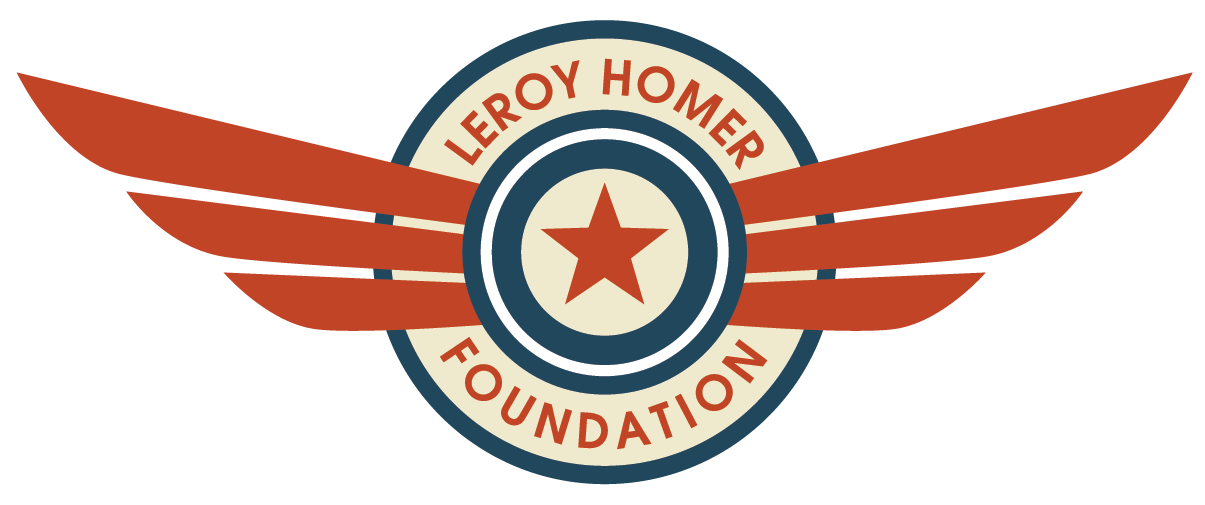Are you willing to undergo a background security check to speed up going through airport security? If you are a US citizen you may get the opportunity! An article in an October issue of “AIRWISE” outlined a new initiative being developed by the Transportation Security Administration. Travelers who sign up for the “Precheck” program and qualify can avoid the hassle of removing hats and shoes when they go through security screening devices. In addition, your laptop and see-through liquid bag can remain in your suitcase during screening. You can actually avoid re-packing your suitcase after going through security! Imagine that!
Excited? Ready to sign up? Get “prechecked” before holiday travel? Not so fast! The program is currently being tested in Miami, Dallas, Detroit and Atlanta. So if you live in those cities check it out! If not, join the rest of us. Currently there are less than 10,000 travelers in the program. If the program is successful, it will be expanded to other cities.
The goal of the program is to focus TSA resources on high-risk individuals while speeding up the process for low risk passengers. The criteria include travel history and date of birth, however for security purposes, other criteria were not revealed.
Travel industry representatives voiced their approval of the efforts made by TSA to get away from the cookie cutter approach to security check-in. For frequent fliers this may be the answer to their prayer. If we can maintain a high level of safety and simultaneously move quickly through a security check point, sign me up!!
Cheryl Homer Wilson
Executive Director





Recent Comments